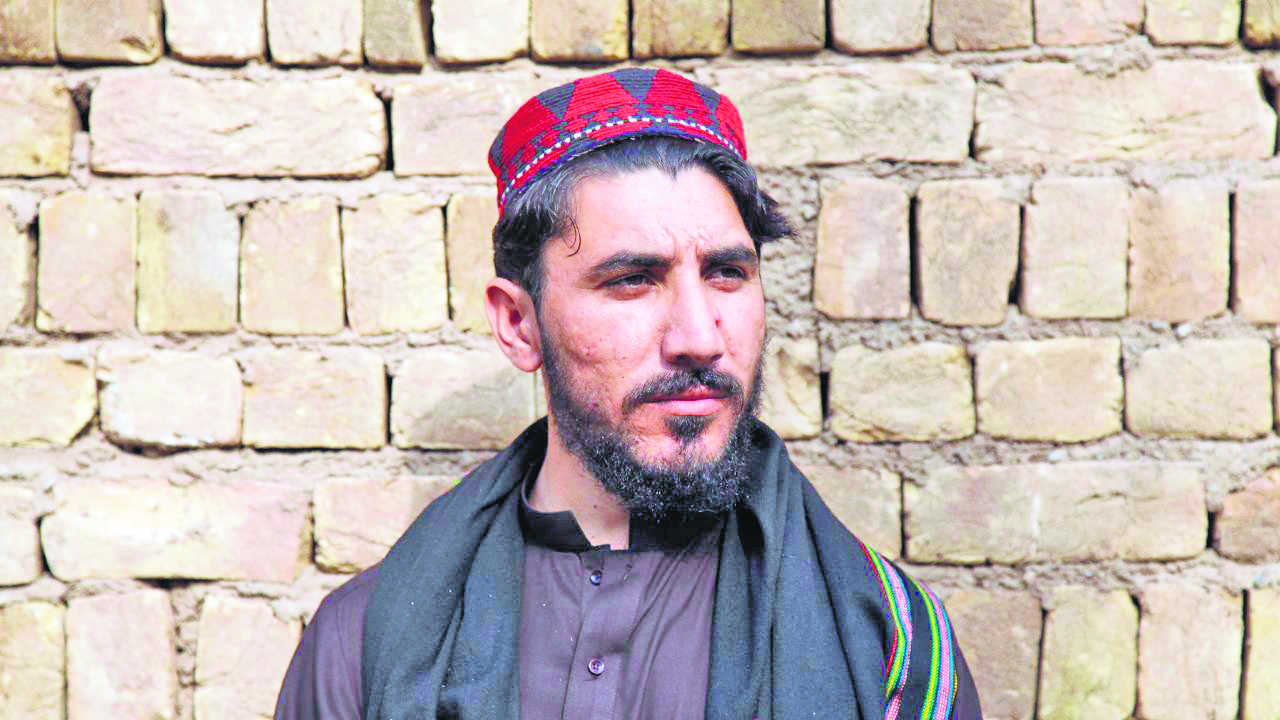‘Peace,’ Pashteen asserts, ‘is the state where individuals can freely express their thoughts, work, and create without harming others.’
In the rugged terrain of the Pashtun belt straddling both sides of the Durand Line, a silent struggle unfolds, echoing the cries of a marginalized people deprived of their basic human rights. In the midst of this turmoil stands Manzoor Pashteen, the charismatic leader of the Pashtun Tahafuz Movement (PTM), leading a social movement against formidable forces challenging the very fabric of Pashtun society.
Pashteen’s words resonate with a sense of urgency, as he sheds light on the dire situation faced by Pashtuns in Pakistan. “Peace,” he asserts, “is the state where individuals can freely express their thoughts, work, and create without harming others.” However, in the Pashtun region, peace remains elusive, overshadowed by restrictions on freedom of speech, business, and education imposed by state actors.
The PTM, born out of necessity, serves as a beacon of hope for the oppressed Pashtun community. Pashteen explains, “Establishing a political party could lead to divisions, but a social movement unites people with a noble cause.” Despite lacking resources and media support, PTM aims to gather the marginalized and oppressed for a collective change, striving to end the war and restore citizens’ rights.
The grievances of the Pashtun people are deeply rooted in historical injustices and geopolitical factors that have plagued the region for decades. From the colonial era’s divisive policies to the proxy wars of the Cold War era, Pashtuns have found themselves at the crossroads of geopolitics, facing discrimination, violence, and economic hardships.
The report from Amnesty International in 2004 sheds light on the human rights abuses committed during security operations in South Waziristan. Arbitrary arrests, possible unlawful killings, and extrajudicial executions were rampant, with tribal fighters associated with the Taliban or Al-Qaeda taking hostages. Despite constitutional guarantees, fundamental human rights were violated, as suspects were unlawfully killed, arbitrarily arrested, and subjected to collective punishments.
The Pakistani government’s response to these abuses has been shrouded in secrecy, with authorities maintaining a high level of opacity. While declaring the operation as an “anti-terrorist” endeavour, the government failed to uphold international
The PTM’s struggle against enforced disappearances and state-sponsored violence has been met with criticism and accusations of harbouring foreign agendas. However, Pashteen vehemently denies such claims, emphasising that PTM is solely the agent of its community, advocating for peace and justice.
As the PTM marches forward, its message resonates with Pashtuns worldwide, garnering overwhelming support despite political pressures and threats. The movement’s focus on unity, empowerment, and accountability reverberates across the Pashtun belt, challenging the status quo and demanding a better future for generations to come.
In the face of adversity, Pashteen remains resolute, expressing satisfaction with their efforts while acknowledging the long road ahead. With plans to continue organizing protests, raising awareness, and promoting unity, the PTM stands as a symbol of resilience in the fight for Pashtun human rights.
As the world watches, the fate of the Pashtun people hangs in the balance, caught between the echoes of history and the promise of a brighter tomorrow. In their struggle for justice, the PTM emerges as a beacon of hope, reminding us all that the fight for human rights knows no bounds.
Levsa Bayankhail is General Secretary of PTM Denmark.

